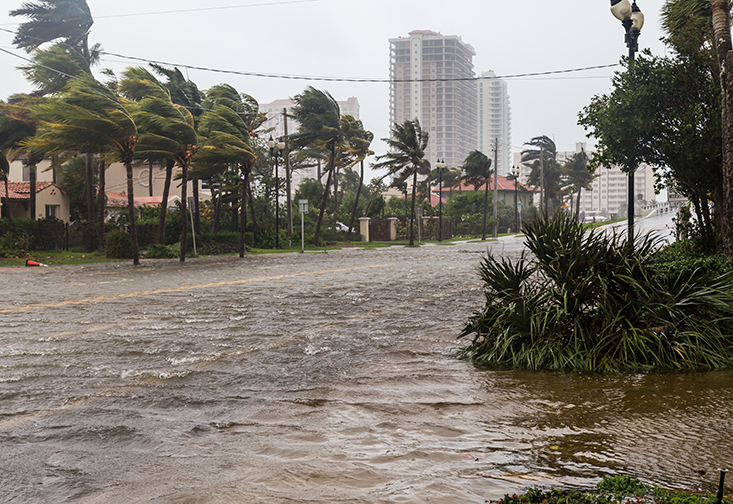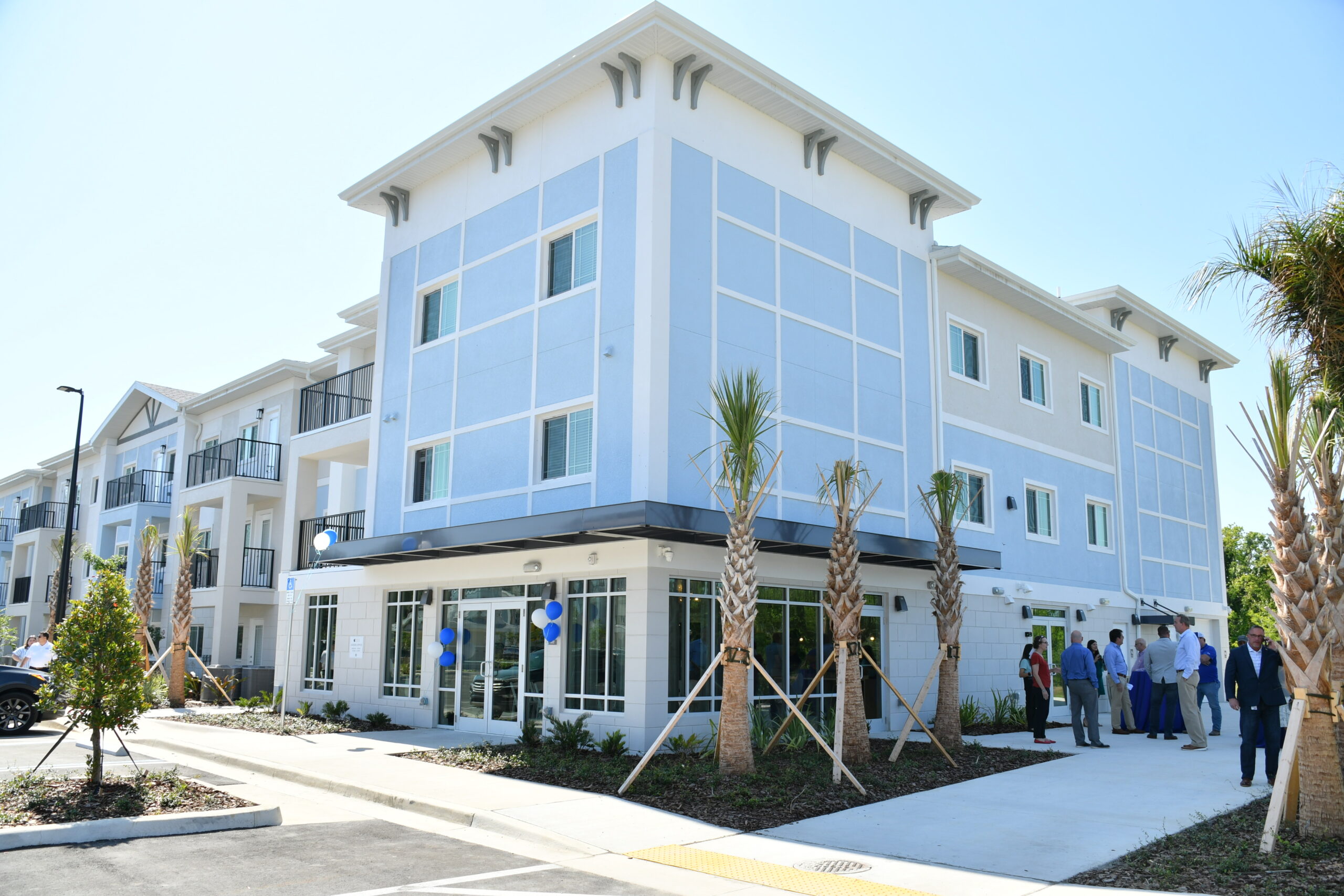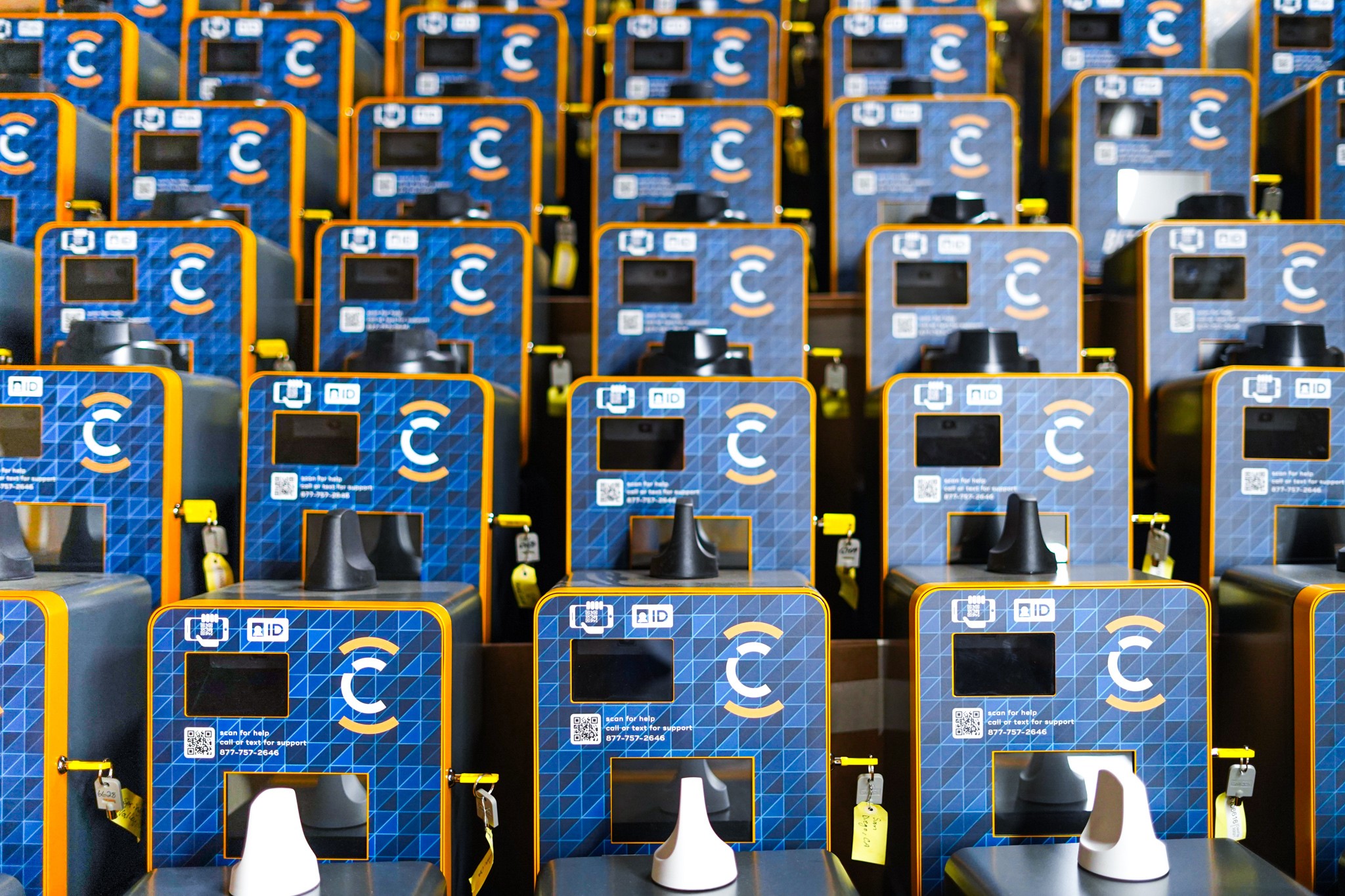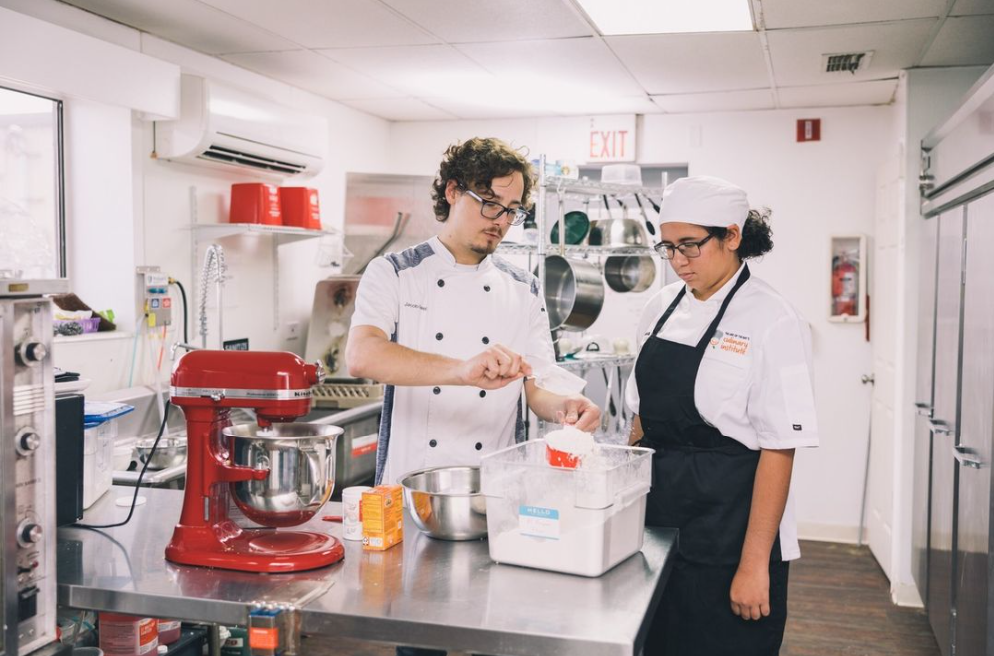We still have a month until Hurricane Season is officially over. Let’s review some common hurricane myths and review what’s true and what’s false.
Myth: Placing tape on windows helps prevent glass from breaking in high winds.
Fact: If anything, tape holds together large chunks of glass that are more dangerous than small shards. Forget tape. Install shutters, plywood, or impact-resistant windows.
Myth: Wind is the deadliest part of a hurricane.
Fact: It’s water. About half of hurricane-related deaths in the United States are attributed to storm surge, the sea level rise caused mainly by a tropical system pushing water toward the coast. Flooding due to rain is another major killer. Knowing your evacuation zone and flood zone and the difference between the two is the first step to staying safe during a hurricane.
Myth: I’m not in the “cone of uncertainty” track, so I’m OK.
Fact: The cone shows the possible path of the center of a storm. It does not depict potentially destructive weather which can extend far beyond the eyewall. During a storm, follow local news and Hillsborough County’s social media pages for the most up-to-date information on weather threats to your area. If you have not already, be sure to sign up for HCFL Alert Hillsborough County’s official notification system.
Myth: Emptying the swimming pool keeps it from overflowing into your house during heavy rains.
Fact: This precaution doesn’t hold water. Saturated ground can lift an empty pool. A pool filled with water is more likely to stay put.
Myth: Get as far away as possible from a storm’s projected path.
Fact: When evacuating, go to a safe, nearby location where your family can ride out the storm. A hotel, friend, or family member’s home may be your best options. Remember, it is best to evacuate 10s of miles, not 100s. Staying at a hurricane shelter is the last option.
Myth: After a storm passes, you’re safe.
Fact: People die or are badly injured removing debris from their homes and yards, falling off ladders while making repairs, accidentally touching high-voltage power lines, drowning in floodwaters, and becoming overheated. Follow advice from County leaders on the safest ways to recover after a storm.
Myth: Your homeowners insurance has you covered.
Fact: Most policies do not pay for repairs or losses due to floodwater. That often requires an additional policy, or a rider to the one you have.




























